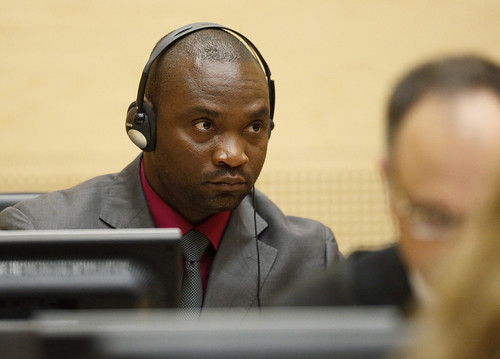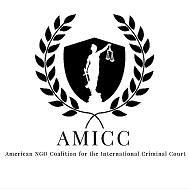By Anjie Zheng
Ten years ago, the International Criminal Court became the world’s first permanent international tribunal, dedicated to investigating and prosecuting those responsible for the most serious war crimes, crimes against humanity and genocide. Since 2002, 121 countries, or nearly two-thirds of the United Nations General Assembly, have ratified the Rome Statute to become States Parties to the Court. The Court has carried out investigations in seven countries, undertaken 15 cases, and issued 20 arrest warrants. Among those sought are high-level individuals accused of orchestrating brutal policies of genocide, widespread rape, and use of child soldiers, including Joseph Kony of Uganda, Omar al-Bashir of Sudan and Muammar Gaddafi of Libya.
The current US engagement with and support for the Court reflects a positive shift in US-ICC relations. After the ICC issued its first verdict in March 2012, finding Congolese warlord Thomas Lubanga Dyilo guilty of deploying child soldiers under age 15 in armed combat, the US government praised the verdict as historic. Additionally, President Obama established the US's first Atrocities Prevention Board, an interagency, high-level body on mass atrocity prevention, which met for the first time in April 2012. The ICC's tenth anniversary in 2012 underscores not only the progress of the Court, but also the increasing amount of international support for the Court's work.
The Court will use lessons learned from the Lubanga case to speed up and increase efficiency of ongoing and future cases, as Deputy Prosecutor Fatou Bensouda takes over as Chief Prosecutor on June 15, 2012. She will be the first female Prosecutor of the Court as well as the first Prosecutor from Africa.
To commemorate this milestone occasion, AMICC members will be hosting commemoration events across the country, as well as writing blog posts, Op-Eds and Letters to Editors to a variety of media outlets. Please contact us via Twitter or visit our website if you would like more information. For more information on global activities, please visit the ICC’s tenth anniversary website.





